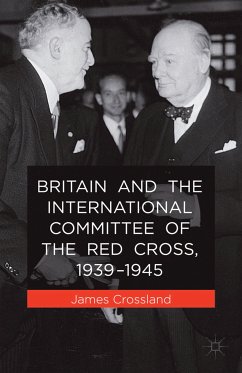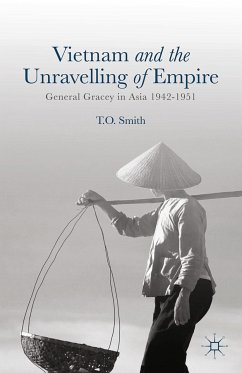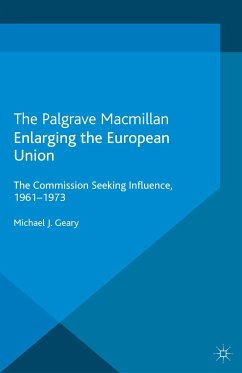
Britain and the International Committee of the Red Cross, 1939-1945 (eBook, PDF)
Versandkostenfrei!
Sofort per Download lieferbar
40,95 €
inkl. MwSt.
Weitere Ausgaben:

PAYBACK Punkte
20 °P sammeln!
James Crossland's work traces the history of the International Committee of the Red Cross' struggle to bring humanitarianism to the Second World War, by focusing on its tumultuous relationship with one of the conflict's key belligerents and masters of the blockade of the Third Reich, Great Britain.
Dieser Download kann aus rechtlichen Gründen nur mit Rechnungsadresse in A, B, BG, CY, CZ, D, DK, EW, E, FIN, F, GR, HR, H, IRL, I, LT, L, LR, M, NL, PL, P, R, S, SLO, SK ausgeliefert werden.












